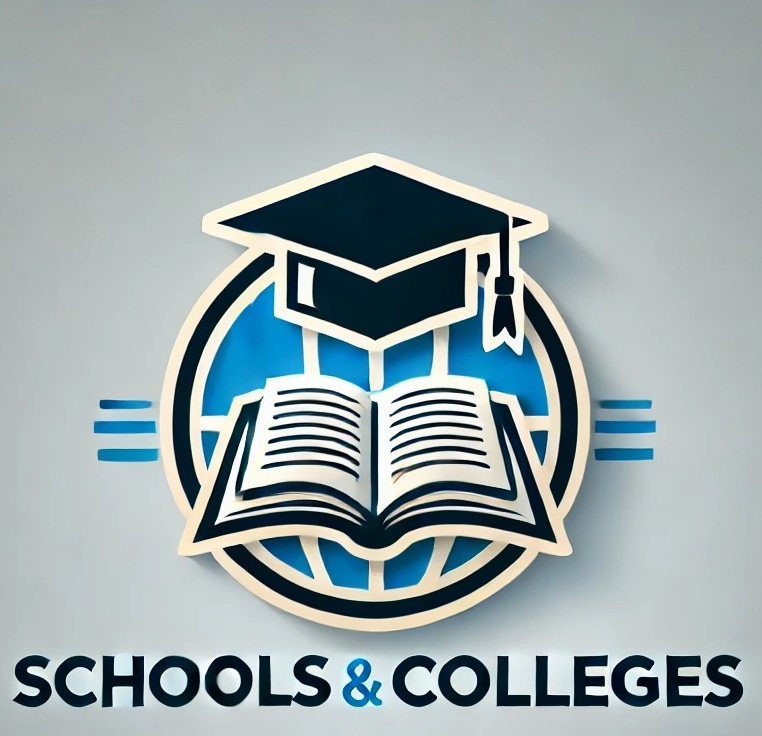Understanding the Ethical Dilemmas in Public Education: To Advocate or To Subsidize?
As parents and caregivers navigate the complexities of education, a common question arises: Is it more ethical and equitable to advocate within the public school system for your child’s needs or to allocate resources privately to secure tailored support? This dilemma raises fundamental questions about fairness, societal responsibility, and the role of public education.
The Philosophical Perspective on Parental Advocacy
From an educational standpoint, especially among those directly involved in public schooling, there’s an ongoing debate about the morality of pursuing legal action or intense advocacy to ensure a child’s right to an appropriate education. If a child’s educational needs aren’t being fully met within the mainstream classroom, some parents consider challenging the system—sometimes through legal channels—to obtain specialized resources or accommodations.
On one hand, critics argue that directing public funds toward individual cases can divert resources from other students, potentially impacting broader educational quality. Moreover, if families choose to leverage legal actions rather than seek private solutions, it raises questions about the fair distribution of limited resources.
Conversely, supporters contend that using available resources to compel schools to meet diverse needs can lead to systemic improvements benefiting all students. By advocating for better support within public schools, families with more means might help catalyze enhanced services and inclusivity, which is especially vital for students with special needs.
A Commitment to Public Education and Personal Circumstances
Public education has long been a personal value, premised on the idea that quality education should be accessible to all, and that a healthy system depends on widespread participation. Ideally, if a child is able to thrive in the public system, families should strive to make that environment work. Public schools flourish when they serve a diverse student body, including those with unique requirements—they shouldn’t be reserved only for students with the fewest alternatives.
At the same time, a child’s individual needs must take precedence. They are not merely symbols of parental advocacy or social values—they are human beings with specific requirements. For children with conditions that present significant challenges within traditional classrooms, accessing tailored support often becomes a necessity rather than an option.
Practical Considerations for Parents Entering the Public System
For parents preparing to navigate public schools, particularly those with children facing special needs, weighing the ethical considerations involves balancing personal advocacy with a broader commitment to societal fairness. While pursuing legal avenues may seem confrontational, it can also serve as a catalyst for positive change—improving the system for everyone.
In the end, thoughtful advocacy,
